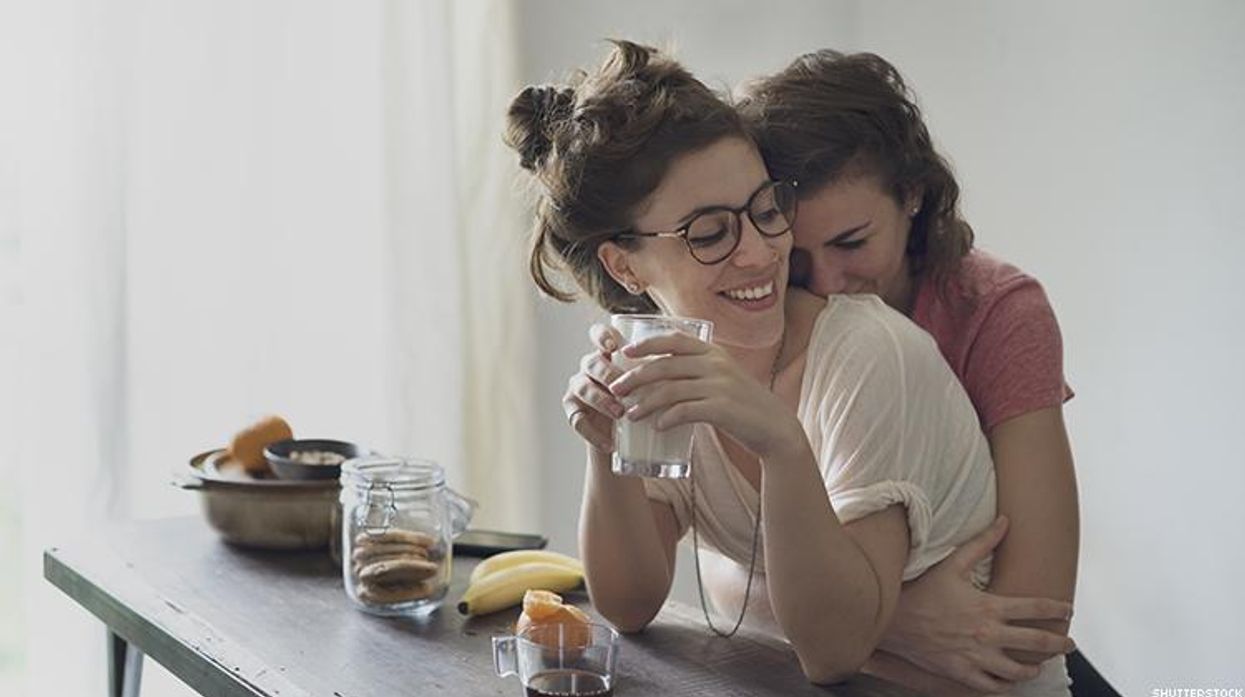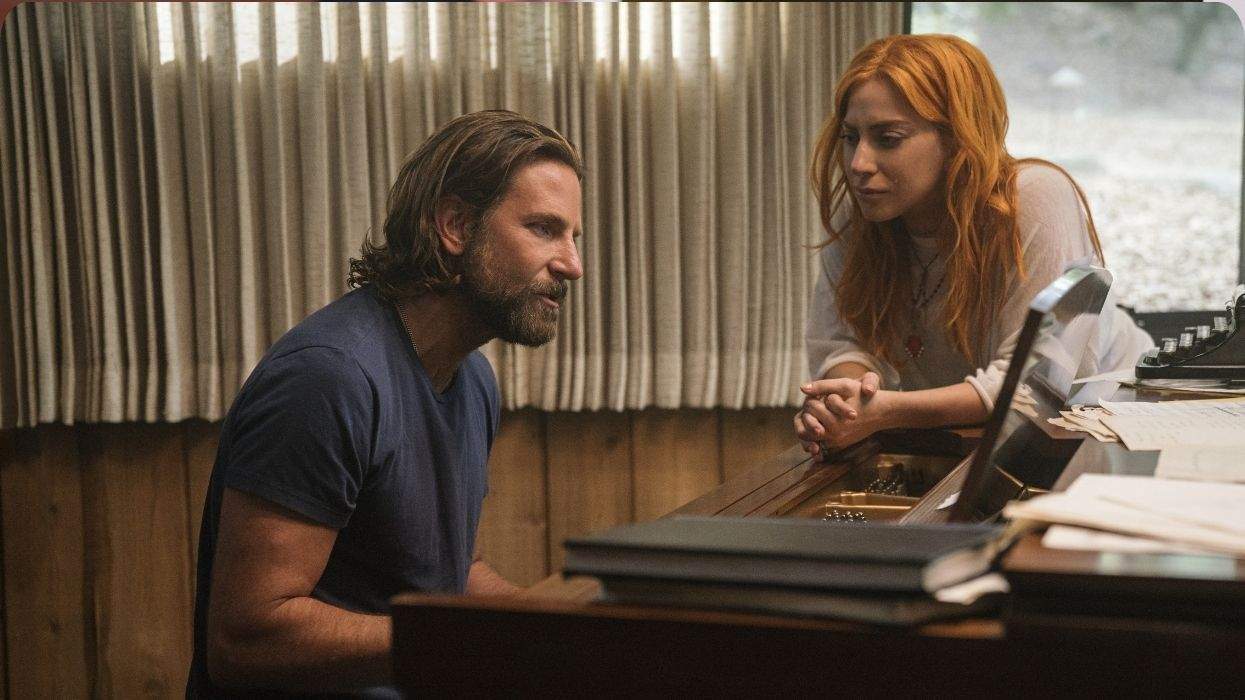It took me 19 years, three boyfriends, and two semesters at UC Berkeley to finally feel comfortable calling myself a lesbian.
The idea of being a woman not attracted to men is initially terrifying. There's the idea of having to overcome a multitude of social obstacles, from being stared at when you walk hand-in-hand with the person you love to having to wonder how you're going to have children. The same is true for men who find themselves only attracted to men. But why do many millennial men appear comfortable calling themselves "gay," while millennial women shun the term "lesbian"?
Don't get me wrong -- bisexual and pansexual identities are beautiful, unique, and valid. But I see so many girls who have romantic and sexual feelings only toward other women use the terms "gay" or "queer," while running away from "lesbian." Why? The world has long told us that "lesbian" is a bad word.
The word "lesbian" has been villainized in the media because we serve no purpose to the people who control it. A 2017 University of Southern California study showed that 96 percent of the top 100 movies made in the past 100 years were directed by men, while a 2016 study from Variety showed that almost 80 percent of showrunners for new scripted shows were men.
The result is two lesbian stereotypes becoming visible in movies and television -- that of the oversexualized, two-dimensional woman who serves only to satisfy some pornographic fantasy of a straight man, and that of a bland, largely disinteresting woman who serves just as hollow a purpose. The former is the projection of the only way a lesbian can serve as meaningful to a straight man, and the latter is the straight man's reaction to a woman being completely uninterested in him sexually by making her as boring and unimportant to the plot as possible.
And this is when lesbians are visible in the media at all. As disappointing as these two stereotypes are, a television series or movie is much more likely to not include any lesbians in its plot than to employ one of these characterizations.
As a result, girls who may suspect that they don't have any attraction to men find themselves desiring someone in the media they can look up to, whose storyline and characterization resonate with them. Growing up, I never felt like I fit the strict, limited, and largely unsatisfying characterizations of the lesbians I saw on TV -- that is, when I did see them. I wanted to be a powerful badass who was the epitome of strength, someone like Scarlett Johannson's Black Widow character. I wanted a loving relationship with someone I considered to be my best friend, someone like Hilary Duff's Lizzie McGuire. I wanted to rise to the top of my class at school and saw Reese Witherspoon's Elle Woods as a model.
These are all wonderful characters whose relatability or strength resonated with many young girls growing up in my generation. But they are all straight characters played by straight women, and the absence of any explicitly lesbian characters played by out actors meant that it would be years until I could even entertain the idea that I may be a lesbian. Girls who fell in love with guys always got the happy endings. Being a lesbian meant cutting myself off from so many opportunities and possibilities that girls who fell in love with guys got to pursue and fulfill.
It was only when I stopped thinking of the word "lesbian" as what the world told me it meant and started thinking about what it meant in my own reality that I began to accept myself. Now I feel like it's more important than ever, for myself and for the people around me, to use that title.
At its root, lesbianism represents something beautiful -- being a woman attracted to women, being a woman who can only fall in love with other women. That used to be something that terrified me; now it excites me.
The label "lesbian" is not what the media has molded it into. Accepting that you don't have any attraction to men is not something that should feel limiting and scary. Once you accept and understand it, being a lesbian is something that can open you up to so many different possibilities, including a community ready to embrace you.
"Lesbian" is a word that represents something beautiful, and the more girls and women feel comfortable using it, the harder it's going to be for the world to villainize an identity rooted in love.
MARY GRACE LEWIS is a student at the University of California, Berkeley, and an editorial intern at The Advocate.















Charlie Kirk DID say stoning gay people was the 'perfect law' — and these other heinous quotes
These are some of his worst comments about LGBTQ+ people made by Charlie Kirk.